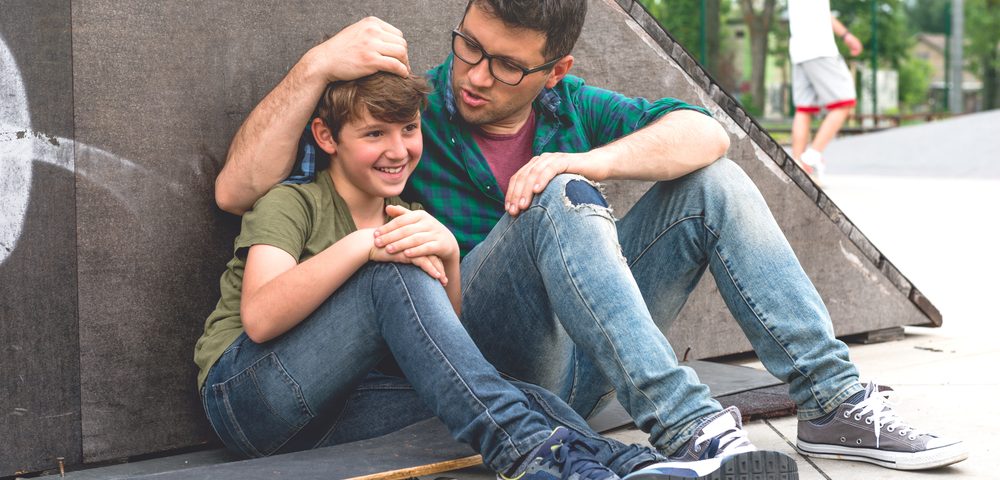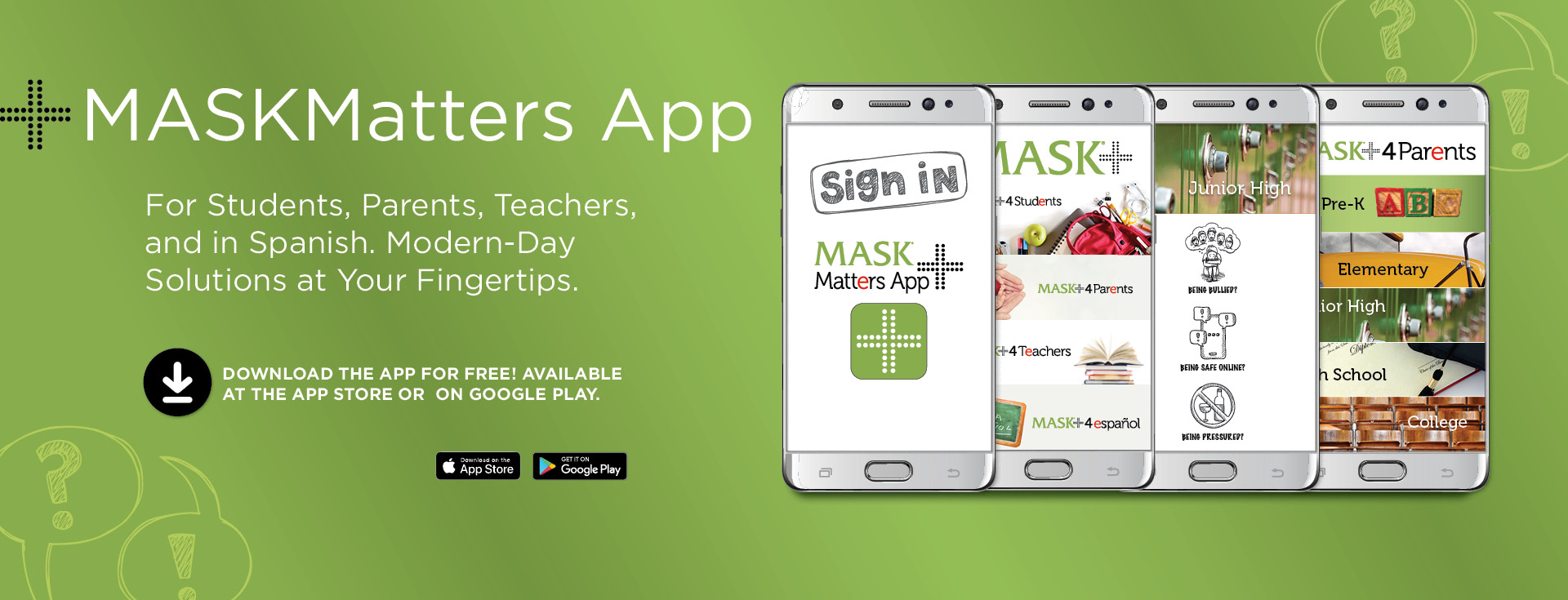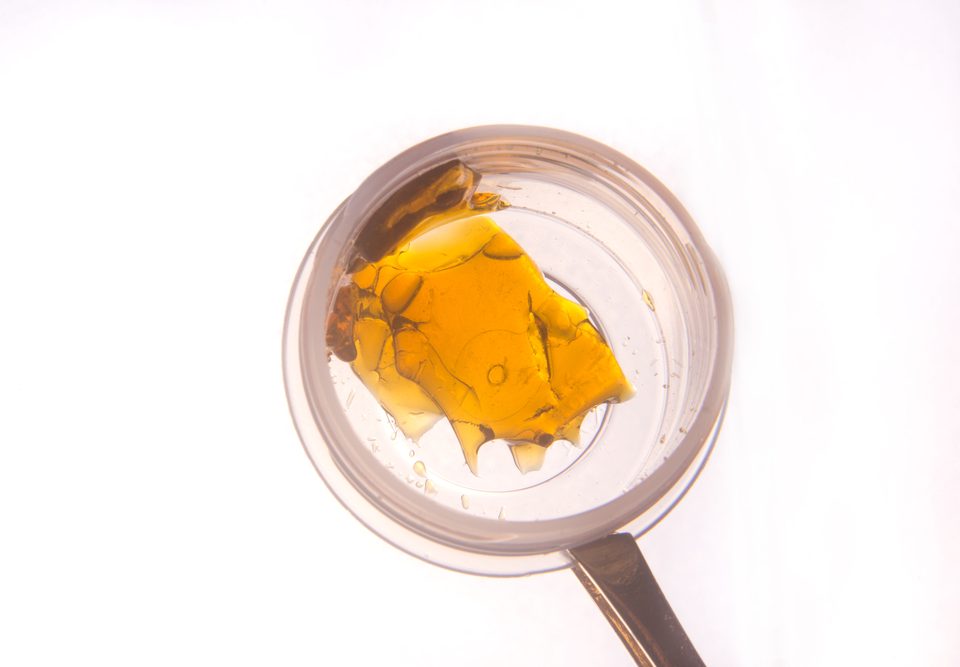
I Don’t Have Time’
June 27, 2021
Brain Power
June 29, 2021Everybody has some level of curiosity, but there are some populations, such as teenagers, that have a notorious reputation for exploring their curiosity and taking a risk with unknown consequences. When something is labeled as mysterious, off limits or is oftentimes not talked about or avoided, rather than making a teenager forget about the topic, it will make them even more interested to know what they are missing out on. There is no exception for this behavior even with the topic of drugs, so you should be the one to educate your kids age appropriately.
There is no 100% guarantee that your child won’t try drugs at least one time in their life. While you may think you run a drug free household, your children could be sneaking it in the house, doing it at a different location or doing it when you aren’t home. There is no way to keep an eye on your child 24/7, especially as they get older and start to take advantage of their newly found independence to hang out with friends and start making their own decisions.
How you choose to respond to your child when the topic of drugs arises could dictate how they respond if they are ever offered drugs. Most parents or adult figures think that using scare tactics will be effective at trying to deter teens from experimenting with drugs. While the scare tactics of how dangerous drugs are and how they will ruin your future may work at first, teenager’s brains are being run by the reward system, so if they are provided with a possible positive outcome, like becoming popular after doing drugs at a party, they may forget all the previous warnings of danger. Plus, if you only highlight the negative effects associated with doing drugs, it could confuse your teen when they are being told by their friends how it isn’t dangerous at all, how they do it all the time and they are perfectly fine. This puts them in an extremely conflicting situation because they probably want to believe that what you told them was true, but they have their friend in front of them as living proof that just trying it couldn’t be that bad.
A confusing situation like that can be completely avoided if you are honest with your child about drugs from the start. If your child is coming to you to ask questions about drugs, that is a sign that they are becoming curious about the topic but also that they feel comfortable enough to approach you and talk about it. You should always strive to be the person your child wants to go to when they need someone to confide in, because if you are able to keep the lines of communication open between you and your child then it is less likely they will become a sneaky kid who tries hiding things about their life from you. When your child comes to you with a question, you should first answer it then if you are worried or suspicious you have the opportunity to ask your own questions and probe further into the topic.
For example, if you have a young child around age 8 or 9 that comes to you and asks you what marijuana is or how you use it, you should give them a factual answer about what marijuana is and then you could ask them where they first heard about it or if they have ever seen it before in real life. Oftentimes young kids will overhear something in public or on the television and have questions, but this also gives you an opportunity to find out if your child is in a possibly dangerous situation where drugs could be involved.
When a young child has questions about drugs it is usually assumed they are just curious or heard about it from someone else, but when teenagers have those same questions they are often met with skepticism and are quickly assumed to be interested in using drugs or already using drugs. As a teenager it can be scary having to approach your parents to ask them about such sensitive topics especially when you aren’t sure how they’ll react. Respond to your teenager with the same attitude you would give a younger kid with the same question. Getting your teenager to open up about what they already know about the drug is a great way to get them talking so you can avoid giving them a long, pointless lecture. Being talked at and being a part of the conversation are two completely different experiences that can change the attitude of the person involved.
By being honest with your child about drugs you can explain how they do provide a temporary feeling of happiness, excitement, or just act as a distraction from boredom and that when you experience this it seems like everything you were warned about in the past was all exaggerated. However, you should warn them that this is exactly how people become addicted to harmful substances, because they are unable to see the harm it is causing them while those around them may be watching them spiral. It is easy for someone to say they aren’t addicted to a substance, and that they use it by choice, but most addicts are unable to recognize their toxic behavior at first, plus there is no way to predict when addiction may kick in. You might think you’re in control but drugs can be unpredictable and trap users without their consent.
Talking about drugs does not guarantee your child will try them. In fact, if you provide your children with the right information and tools to regulate their emotions and combat peer pressure then they have a much better chance of staying sober through their teenage years.
By// Jessica Lee
Download the MASK Matters app for you and your child – Providing Solutions at your fingertips.
Available on Apple and Google Play
MASK the Parenting Magazine a quarterly publication providing solutions for Today’s Families.
The parenting manual offering solutions to the modern-day challenges families face. From Pre-K
through College stay up to date on the modern day issues families face.
Are you up to date on the issues your child is facing?
MASK Mothers Awareness on School-age Kids offers parenting solutions for today’s families. MASK tackles important topics – from drugs and alcohol to bullying and Internet safety -and gives students, parents and the community the knowledge and tools to manage these potential challenges.
Subscribe today! https://www.maskmatters.org/product/mask-the-magazine/
Download and share the MASKmatters app now! Made for children, parents, teachers and in Spanish.
Have solutions at your fingertips
Available free on apple and google play links below
Apple https://apps.apple.com/us/app/maskmatters/id1482305692
Google Play
https://play.google.com/store/apps/details?id=com.maskmatters.maskmattersapp&hl=en_US&gl=US





